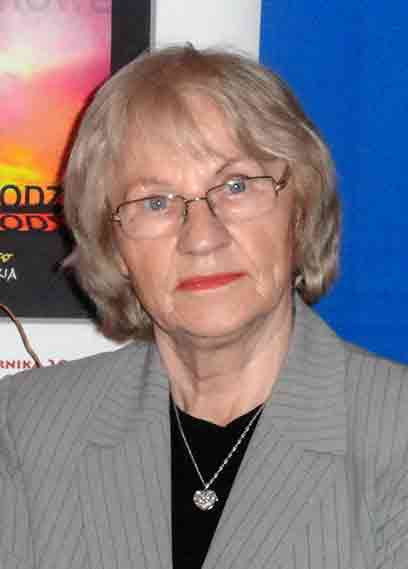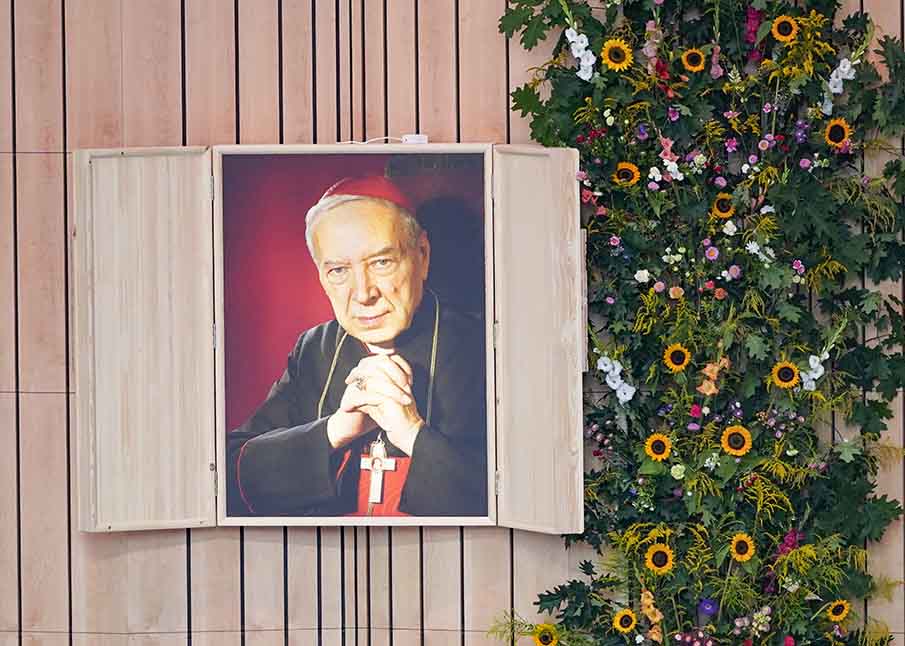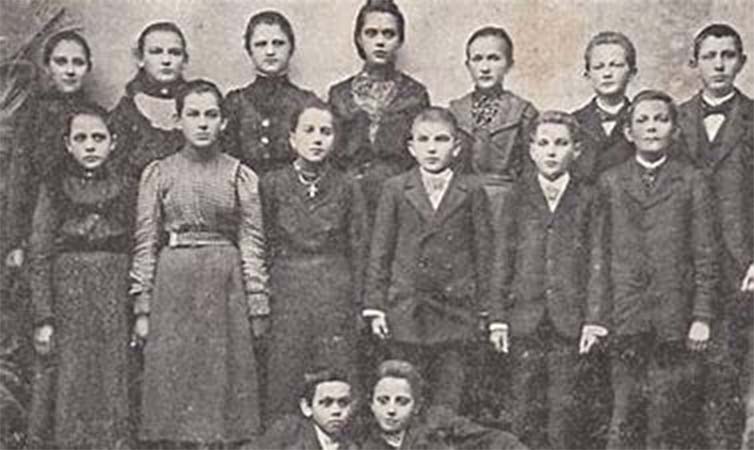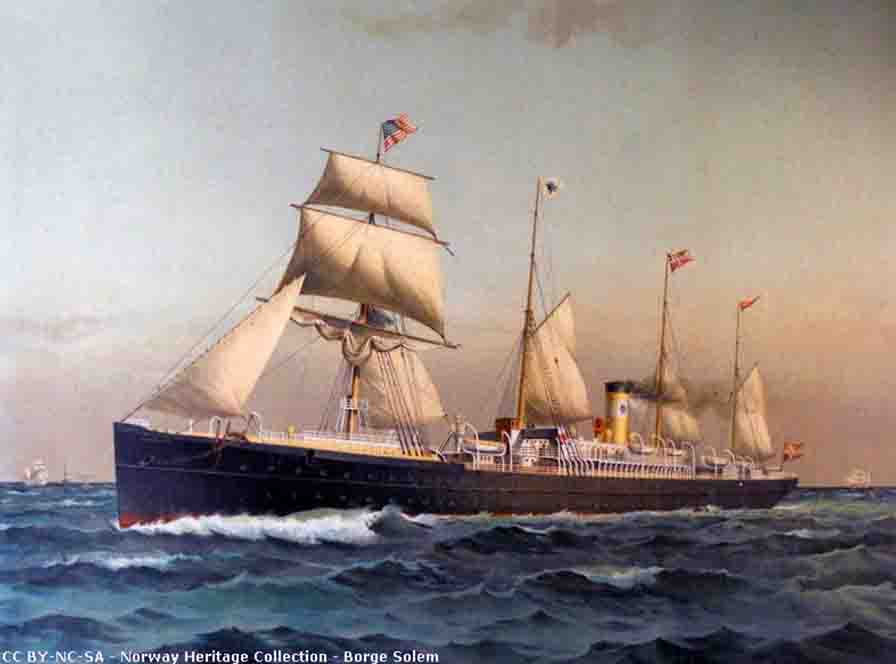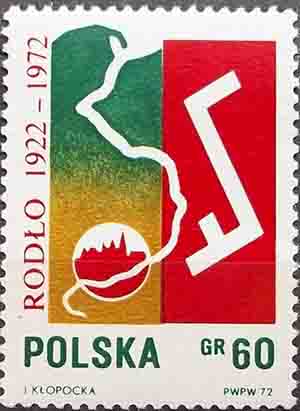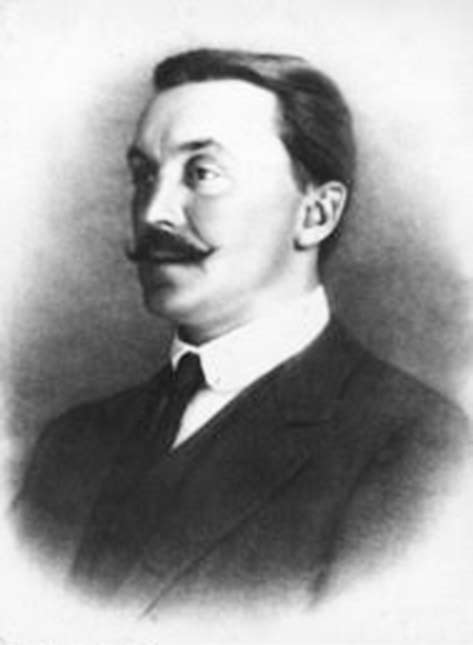January 14, 2022 is one-hundred-and-fiftieth anniversary of the birth of the outstanding patriot priest, Fr. dr Bolesław Domański. It will soon (on March 6) coincide with the 100th anniversary of the establishment of the Union of Poles in Germany. Few people know who Father Patron (as he was called) was and how important a role he played in the economic life and in maintaining Polish identity among Poles in Germany. His work and attitude can also serve as an example for contemporary Poles. This article is dedicated to be a reminder of this extraordinary figure.
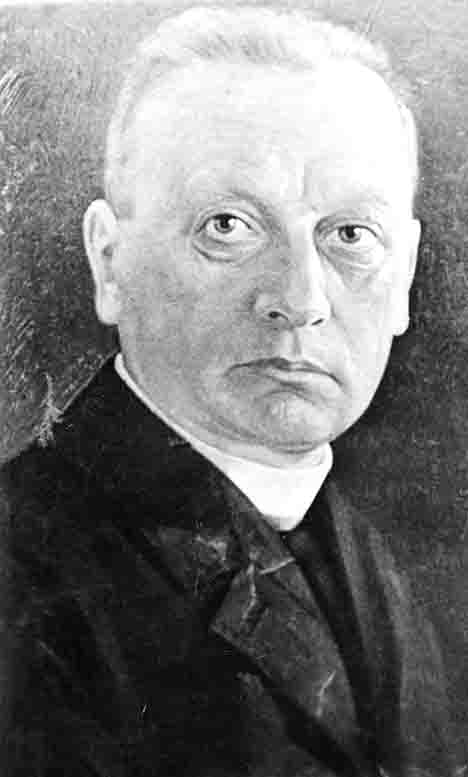
Fr. Dr. Bolesław Domański (Source: Wikipedia)
On November 11, 1918, on all fronts of World War I, the gunfire died down and then preparations for the Versailles Congress began, which programmed the political order in post-war Europe. The peace treaty of Versailles (June 28, 1919) created a new, post-war reality. One of the most important problems was establishing the borders of the states which regained their state existence after the collapse of the three monarchies.
Poles to a large extent independently defined their borders through military actions (war with Soviet Russia), regional uprisings (three in Silesia and one in Greater Poland) and plebiscites. Despite the armed riots and diplomatic efforts of prominent leaders, not all ethnic lands returned to the Motherland. The most difficult situation was on the western and northern border. The plebiscite in the former East Prussia and Silesia was unfavorable for Poland. All of today's Western Pomerania, the Lubuskie Region, Lower Silesia, Warmia and Masuria remained in German hands. These areas were inhabited by both the Polish ethnic population and the immigrant German population.
According to the Treaty of Versailles, populations were migrating. Poles who found themselves on the territory of Germany could voluntarily stay there or move to the territory of the Second Polish Republic. The decision about the choice of the place of residence belonged to each individual. Great repatriation actions began, especially from Westphalia and the Rhineland in Germany, accompanied by quite intense propaganda. It was believed that to stay and work within the borders of the German state was not patriotic for the Poles, that it was supporting the enemy.
In the face of such opinions, an exceptionally wise attitude was presented by the priest from the Zakrzewo parish, Fr. Dr. Bolesław Domański, stating: "God has not left us on this terrain without a reason". "National treason is committed by the one who leaves his patrimony." The land where they stayed was Polish soil from the very beginning. It encompassed Silesia, Opole, Wrocław, Babimojskie, Międzyrzeckie, Krajna, Kashubia, the Malbork Region, Warmia and Masuria.
Father Bolesław Domański devoted his entire life to work to maintain Polish identity in a land where over one-and-a-half million Poles remained, with whom he wrote one of the most beautiful pages in the book of patriotism.
Bolesław Domański was born on January 14, 1872 in Przytarnia near Wiela, in a large family with great patriotic traditions. Bolesław's father — Franciszek — was a social activist and a teacher of Polish and Kashubian under the partitions; his mother — Ewa — was Kashubian, and his brother-in-law, Juliusz Zieliński, taught at a Polish school in Złotów. The stages of Bolesław's education are the Prussian folk school in Kiełp, Collegium Marianum in Pelplin, the classical gymnasium in Chełmno, the Theological Seminary in Pelplin and the Royal Prussian Theological and Philosophical Academy in Monastery.
In 1897, Fr. Domański defended his doctoral dissertation "The Science of Nemecius About the Essence of the Soul". For three years he was a professor of philosophy at the Theological Seminary in Pelplin, of which he himself was a graduate. In 1902, he resigned from the professorship and became the administrator of the Złotów parish. In 1903 he received the rectory in Zakrzewo and his pastoral, social and patriotic work was most closely related to this town. He observed and understood the economic gulf that divided the Polish population remaining in the territory of the German state and that this led to the denationalization of Poles. He also understood that organic work could be the cure for such evil.
Our unity is our strength...
He implemented the ideas of such work every day, supporting all activities aimed at increasing the level of the economy and culture of Poles. In 1906 he founded the People's Bank in Złotów, in 1909 he co-founded the Parceling Bank, which later turned into the People's Bank with its seat in Zakrzewo. He was also the president of the Agricultural Circle in Zakrzewo. In the years 1918-1920 he was very involved in the fight to join the Złotów Land to Poland.
Unfortunately, the efforts of Poles, apart from the victorious Greater Poland (Wielkopolska) Uprising, did not bring positive results. The plebiscites were lost and the repatriation campaign of Poles to the territory of the Second Polish Republic began. Then he expressed his position in the words: "A national treason is committed by those who leave the paternity." These words echoed widely, especially among the Polish peasants — not only in Pomerania, but also in Silesia and other regions of the German Reich. When it turned out that the Złotów region remained within the borders of the Reich, he joined the activities of the Union of Poles in Germany (Związek Polaków w Niemczech, ZPwN) established in 1922. In 1923 he became the president of the 5th District of the Union of Poles in Germany, and in 1931 he was elected the president of the Union of Poles in Germany and remained there until his death in 1939.
He was involved in activities in all areas of life of local Poles. In 1929, he became the patron of the Supervisory Board of the Union of Polish Cooperatives in Germany with its seat in Berlin, in 1933 - the president of Bank Słowiański. He collaborated with national minorities in Germany. Out of concern for Polish youth, he strove for Polish education and the activities of Polish youth societies. He supported the Polish press, especially such titles as: "Pole in Germany", "Young Pole in Germany", "Little Pole in Germany", "Głos Pogranicza and Kaszub" (The Voice of the Borderlands and Kashubia).
The crowning achievement of his work in the Union of Poles in Germany was the Congress of Poles in Berlin, which took place on March 6, 1938. Precisely during this Congress, Fr. Dr. Bolesław Domański gave his greatest speech — a confession of faith of a Polish Christian. It was also there that he announced the famous five "Truths of Poles", which became a kind of credo of Polish patriotism. Here they are:
- "We are Polish"
- "One Pole is another Pole's Brother!"
- "The faith of our fathers is the faith of our children"
- "A Pole serves the Nation every day"
- "Poland is our mother — you shall not speak badly about your mother!"
These truths are of great importance today. This is just a new version of the words of Jan Kochanowski: "If for whomever the way to heaven is open, it is to those who serve the motherland."
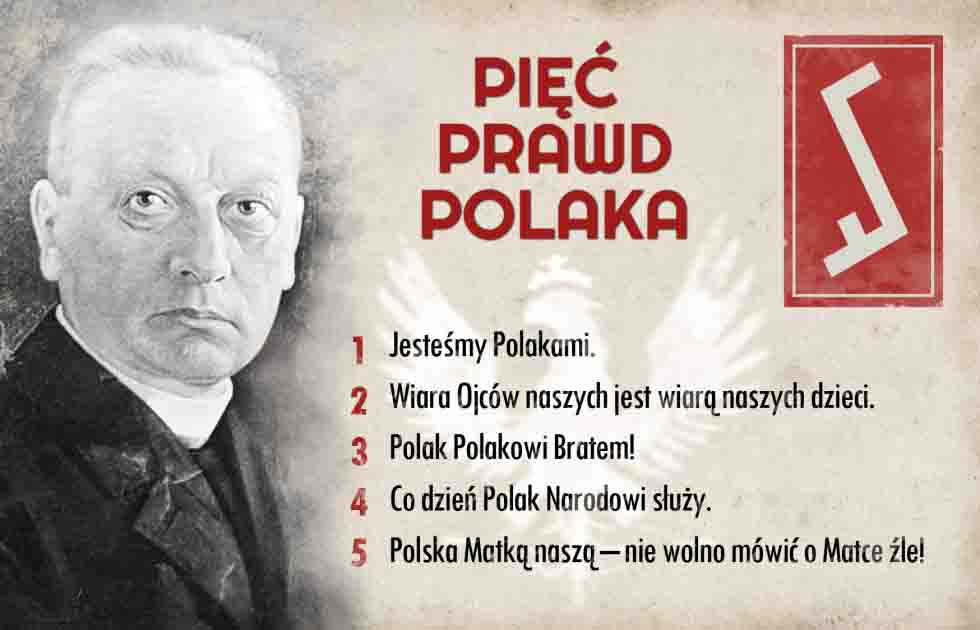
The Truths of Being Polish (Source: www.77400.pl)
In 1937, at the opening of the Junior High School in Kwidzyń, he said: "our unity is our strength". Two years later, the Berlin Congress concluded with the words: “The book of the Polish people is open, written to a certain place. This is our past. There are countless pages that are not filled with our future. The spiritual bond of our nation is independent. She cannot be defeated. " This credo should be the guiding principle for all Poles today, especially for politicians and diplomats. Let us write the pages of our book according to the values of our great ancestors.
In 1935, under the patronage of the parish priest Bolesław Domański, the Polish House was built in Zakrzewo, which was a meeting place for Poles and which, until today, as a museum, is a testimony of those difficult times and a testimony to "why the God had left the Poles in Złotów (and not only there)". He left them to last, to serve for us - people of today - as an example of how to fulfill our "Polish duties" towards the Motherland.
Father Dr. Bolesław Domański died on April 21, 1939 in a hospital in Berlin. His funeral became the last extraordinary demonstration of Poles under the sign of Rodło before World War II. Crowds of compatriots took part in it. Newspapers from all over Poland informed about the event. Over the coffin of the great among equals, banners with the Sign of Rodlo were lowered.
Translation from Polisg by Andrew Woźniewicz.



